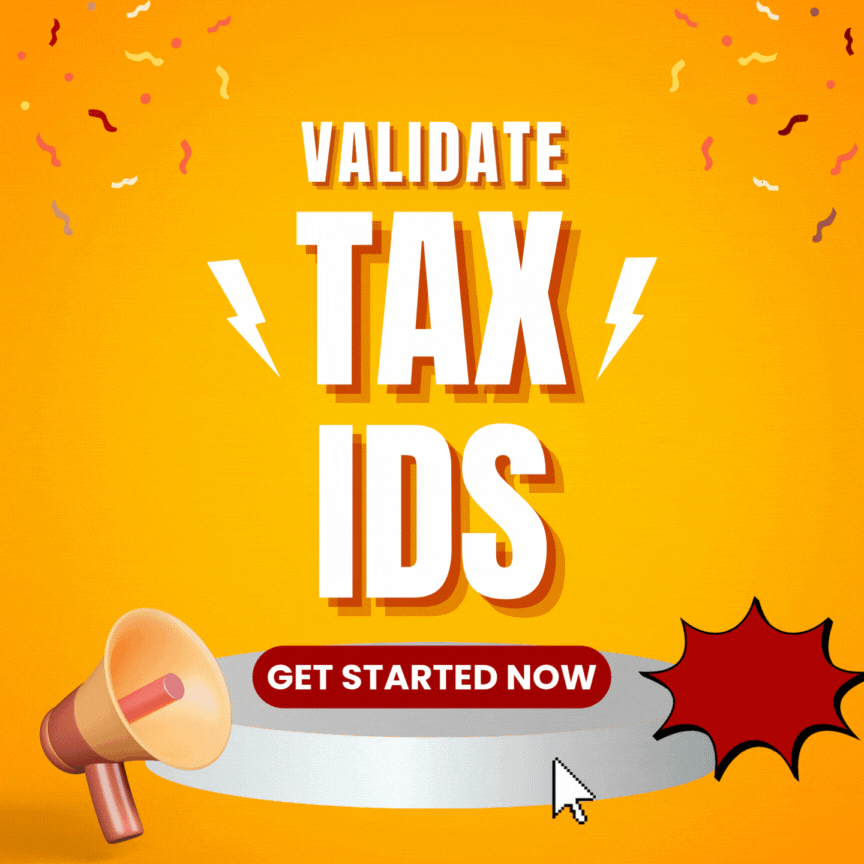Special Economic Zones(SEZs)
What are Special Economic Zones (SEZs)
SEZs or Special Economic Zones are free trade zones in India. They regions are located within the boundaries on India but are treated as a foreign terriotory for the purpose of trade operations, duties and tariffs. As of June’22, there are 270 operational SEZs in India which consisted of 5620 approved units.
Why was this introduced ?
SEZ policy was announced in 2000 with the aim to overcome the shortcomings experienced on account of the multiplicity of controls and clearances; absence of world-class infrastructure, and an unstable fiscal regime and to attract larger foreign investments in India.
Salient features of SEZs
- SEZ scheme allow duty free import of goods and services for units and developers for their operations leading to a substantial saving in costs.
- SEZs are deemed to be an airport, port, Land Custom Stations, and Inland Container Depot under the Customs Act and a dedicated customs formation is there for ensuring clearance for exports, imports, deemed exports, intra SEZ sales, domestic procurement and domestic sales
- SEZs ensure ease of doing business by ensuring online applications, reducing procedural complexities, bureaucratic hassles and other barriers to trade via Single window clearance
- All Goods and services supplied by SEZ units to domestic tariff area (DTA) are treated as imports into India and is subject to all procedures and rules applicable in case of normal imports into India
- Economic laws are generally more liberal than rest of the country’s general economic laws.
- No routine examination by customs authorities of export/import cargo
- 100% Income Tax exemption on export income for SEZ units under Section 10AA of the Income Tax Act for first 5 years, 50% for next 5 years thereafter and 50% of the ploughed back export profit for next 5 years.
GST on Sales to SEZ units
- Supplies to SEZ (DTA to SEZ) are zero rated under IGST Act, 2017.
- Domestic sales (SEZ to DTA)subject to full customs duty and import policy in force
- Duty free import/domestic procurement of goods for development, operation and maintenance of SEZ units
Suppliers selling to SEZs can have two options when it comes to GST. They can either apply full IGST as per standard rates and later apply for refunds. Else they need to take a Letter of Undertaking (LUT) from the tax autority and apply zero taxes. This way is more preferred by the suppliers as the their cash won't get blocked and they dont have to deal with the complexities of the refunds. Same process can be followed by Indian exporters selling to buyers outside of India.
What is the procedure for setting up of units in SEZ?
- A consolidated application seeking permission for setting up of a Unit and other clearances, including those given in [17(1) of the SEZ Rules), shall be made to the DC (in Form F of the SEZ Rules), with a copy to the Developer.
- The DC shall get the proposal scrutinised and get it placed before the Approval Committee for its consideration.
- The Approval Committee shall meet once in every fortnight on a fixed predetermined day.The proposals received [under clauses (c) & (e) of sub-section (2) of section 9 of the SEZ Act] shall be placed before the BOA by the DC for its consideration.
- The Approval Committee may approve or approve with modification or reject a proposal placed before it, within 15 days, where the approval is to be granted by the Board, the Board shall approve or approve with modification or reject such proposal within 45 days of its receipt.
- The Approval Committee shall approve the proposal if it fulfils the criteria such as meeting NFE, availability of space, conforming to pollution norms, contact and personnel information, barring of specified activities etc. [sub rules 2, 3,4,5,6 of Rule 18]
- On approval of the proposal, the DC shall issue a LOA (in Form G) for setting up of the unit.
Einvoicing
Special Economic Zone Units (including FTWZs) are exempted from Einvoicing. The exemption is with reference to entity as a whole and not nature of supply/transaction.
Einvoicing is applicable for invoices issued by SEZ Developers.
Domestic suppliers selling to SEZs have to issue einvoices while selling to SEZ customers. While gerenating einvoices they need to specify the type of supply as SEZWP - SEZ with payment or SEZWOP - SEZ without payment. The supply types SEZWP and SEZWOP is allowed only if the taxpayer type of recipient GSTIN is ‘SEZ Unit’ or ‘SEZ Developer’
DESH Bill (Development of Enterprise and Service Hubs)
Development Of Enterprise and service Hubs (DESH) bill introduced by the government of India will replace the Current Special Economic Zone Act, 2005. SEZs will be revamped and renamed as Development hubs and will be free from a number of the laws that currently restrict them. These hubs will facilitate both export-oriented and domestic investment, playing the dual role of domestic tariff area and SEZ.
The government may impose an equalization levy on goods or services supplied to the domestic market to bring taxes at par with those provided by units outside.
